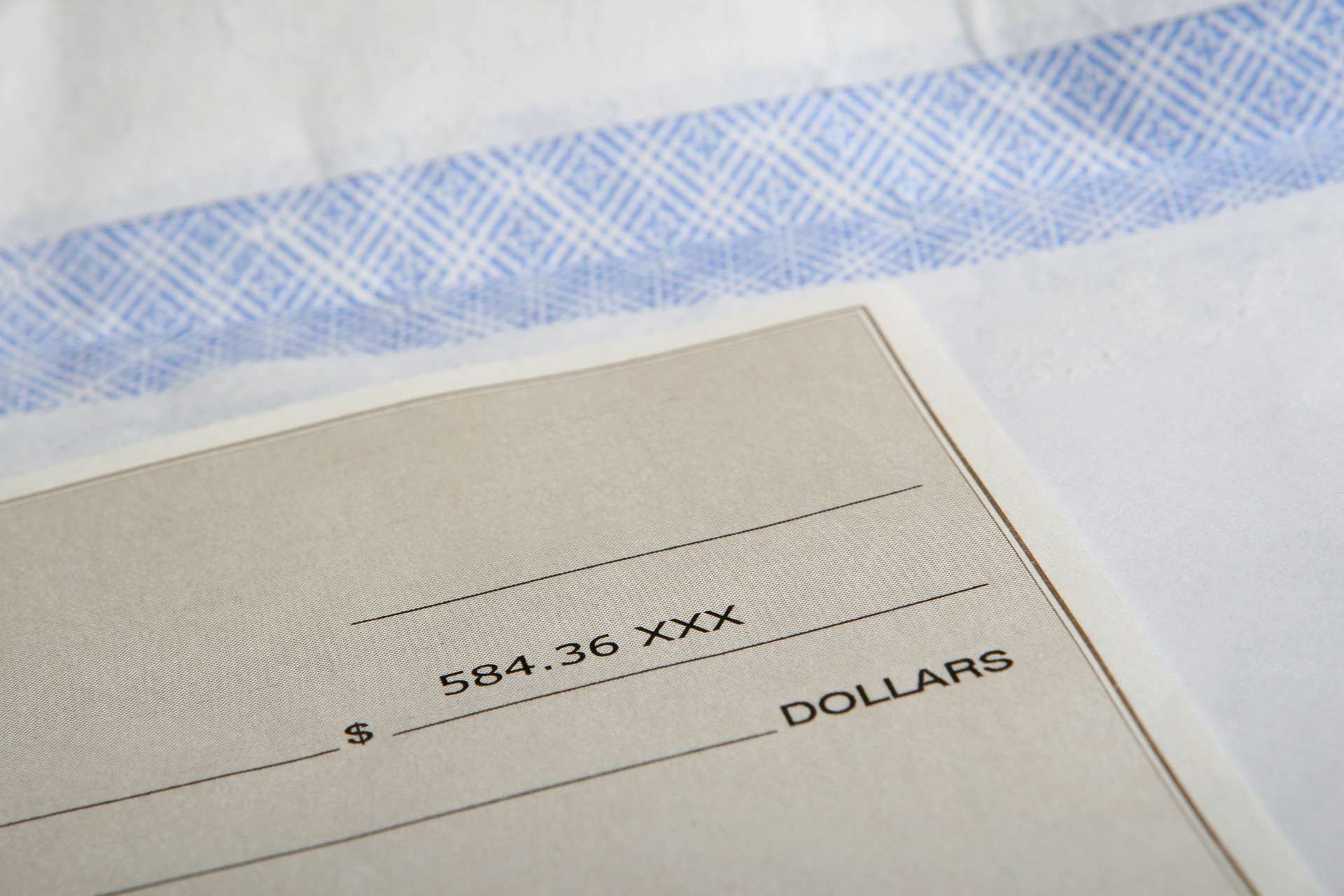6 Reasons Why You Shouldn’t Mingle Small-Business and Personal Banking
Expense ManagementStarting a new company can throw many challenges at you. From registering a company to setting up space, startup entrepreneurs must answer quite a few questions before they set up their business. One of the most crucial decisions sole proprietors often encounter is whether they should open a separate business account or use their personal checking account to manage day-to-day business operations.

A TD Bank Survey of small business owners conducted in 2015 revealed as much as 56 percent of the business owners used their personal checking account for both business and personal finances while 53% of the respondents said they were using their personal credit card to meet business-related expenses.
Using a personal checking account may seem convenient for many business owners, especially sole proprietors, but it has several long-terms implications.
Here are some compelling reasons why you shouldn’t mix small-business and personal banking.
Serious Tax Implications
When you operate your business from your personal checking account, things can get complicated from a bookkeeping standpoint. While the IRS allows businesses to deduct business expenses and losses, it also has stringent guidelines that determine whether an entity is a business or hobby. There are many people who find it rather difficult to explain whether their entity is just a hobby or business. If the IRS established you had mala fide intentions during the audit, you might get into serious legal trouble. Therefore, it’s always better to keep your small business and personal banking separate.
Inconvenient to Customers
Running your business using your personal checking account has huge limitations if you consider customers’ convenience alone. With a business checking account, you can let your customers have multiple payment options – debit cards, credit cards, checks, and cash. This is convenient not only for your customers but also for you since it simplifies the bookkeeping process to a large extent.
Weak Credit Profile
Managing your business finances from your personal checking account doesn’t help you build a strong credit profile for your business, especially when you consider taking loans or a line of credit to expand your businesses in future. Many financial institutions typically factor in credit history of your business while approving your loan applications. Unless you have a separate business checking account with strong credit worthiness, you will have a hard time getting approval from financial institutions.
Unclear Audit Trail
While it may seem easy and simple for you to operate your business from your personal checking account, it can be very complicated when it comes to keeping a clear record of incomes, expenses, losses and deductions pertaining exclusively to your business. The government doesn’t require you to keep a separate bank account for business; however, your records must be accurate, complete and show a clear record of income and deductions. Regardless of your best intent and efforts, using your personal checking account to run your business makes it harder for you to keep an accurate trail of all business expenses and deductions. This could spell troubles if the IRS had to audit your books of account any time in future.
Missed Deductions
When you mingle your business and personal transactions, your bank statements will look messy, making it difficult for you and your accountant to separate them properly. The confusion may also lead to overlooking deductions that you’re entitled to. Moreover, dealing with complex bank statements for tax return preparation will invariably cost you more time and money.
Dubious Business Status
Inspiring trust in your customers and prospects is crucial to your success, especially when you’re starting a new business, and acquiring new customers. One of the most effective ways to generate customers’ trust in your business is open a business checking account and maintain separate books of account for your business operations. On the contrary, when you co-mingle your personal and business banking, it may create trust issues for your prospects. Imagine your clients writing checks in your personal name as opposed to your business; it sure raises questions about your venture and business status.
Final Thoughts
When it comes to running a business, it’s imperative to open a business checking account and make your bookkeeping process as clean as possible. This helps you secure business loans and run your business professionally.
What are the most intimidating financial challenges you face in running your business? Please, share your thoughts with us.

 Analytics & Reporting
Analytics & Reporting